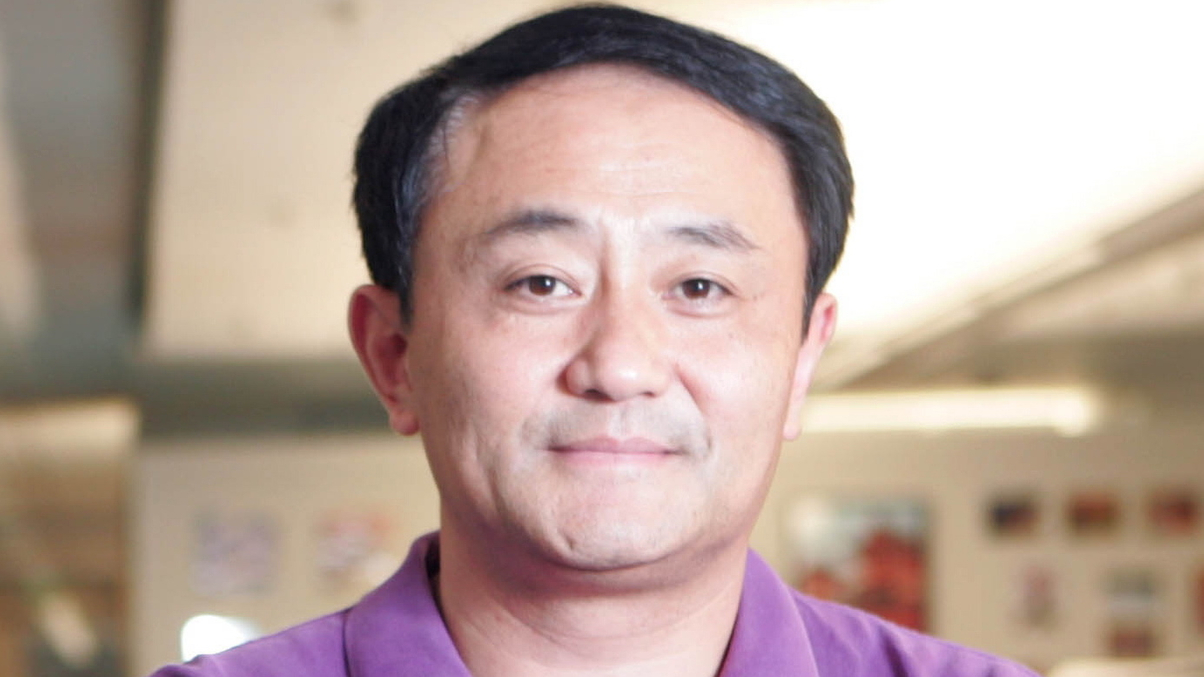GE Asset Management’s China team goes solo
Greater China investor Zhou Ping has left GE Asset Management in Shanghai to set up his own China fund company for institutional investors.

Zhou Ping recently left GE Asset Management in Shanghai to set up his own investment shop specialising in Greater China equities and fixed income, taking most of his team with him.
Sign in to read on!
Registered users get 2 free articles in 30 days.
Subscribers have full unlimited access to AsianInvestor
Not signed up? New users get 2 free articles per month, plus a 7-day unlimited free trial.
¬ Haymarket Media Limited. All rights reserved.


